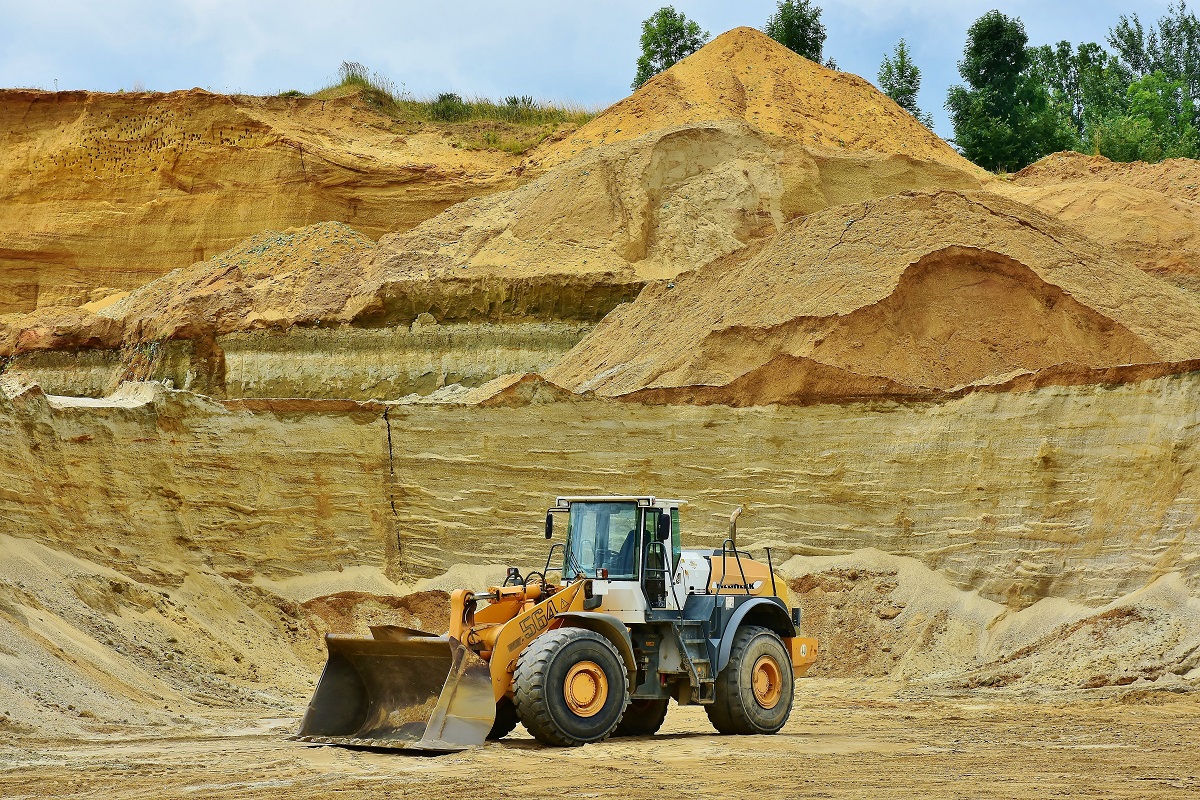Every business is responsible for the maintenance, sustenance, and protection of the environment. The sustainability of the environment must be part of every company’s corporate social responsibility. The mining industry, in particular, should uphold important guidelines created to reduce the harmful impact of mining operations on the environment. Still, many mining companies and government agencies turn a blind eye on bad environmental practices for fear of economic retribution.
But what about environmental retribution? Don’t these companies fear what it means if they don’t create an SWPPP or stormwater pollution prevention plan in Idaho or other states? Don’t they care where stormwater runoff will go? They must understand that toxins from water runoff can harm communities and other industries.
Environmental Review
Mining companies should make an environmental review of the site. They should do this before they begin digging and building barracks there. Aside from the safety of the workers and the equipment, they should also mind other factors such as the quality of the soil, possible on-site hazardous materials, flooding, and access to all areas.
These will give the mining company an overview of what they are facing environment-wise. It will allow them to plan. It will empower them to protect the environment while also protecting company resources. Those who have made environmental reviews before operating on the site can improve their current programs. Such diligence will also quicken the return on investment as opposed to straining the company’s finances.

Emissions, Water Runoff, and Solid Waste
A mining company should have a clear policy on how to handle the waste generated by its mining sites. This can be anything from carbon dioxide emissions to stormwater runoff (that carries contaminants and toxins), and solid waste generated by the people living on-site. Since mining sites are usually located far from a state’s sewer line, the site should install an on-site wastewater treatment facility such as a septic system. This will store and treat wastewater so that it will not contaminate groundwater and surrounding water sources.
The company should also create a very specific guideline on how to dispose of hazardous waste such as gasoline, hydraulic fluid, and construction contaminants. There is no assurance that they won’t get into the drinking water of communities near the mining site. An accidental spill can cause this.
Recycling
The mining site will produce waste and by-products that are not of use to them. A good environmental policy is to recycle these materials or, at least, take them to a recycling facility. The contractor can save a lot of money if they can find a way to reuse some of the items from the site. They will also save on the cost of disposing of these waste materials. The contractor must train the employees, especially the people staying on-site, on how to recycle waste and other materials.
The mining industry needs to be aware of the kind of impact their operations have on the environment. With the advent of technology, these mining companies should be pooling their resources to come up with eco-friendly policies. That is the kind of good business practice that will attract clients and investors to do business with you.


